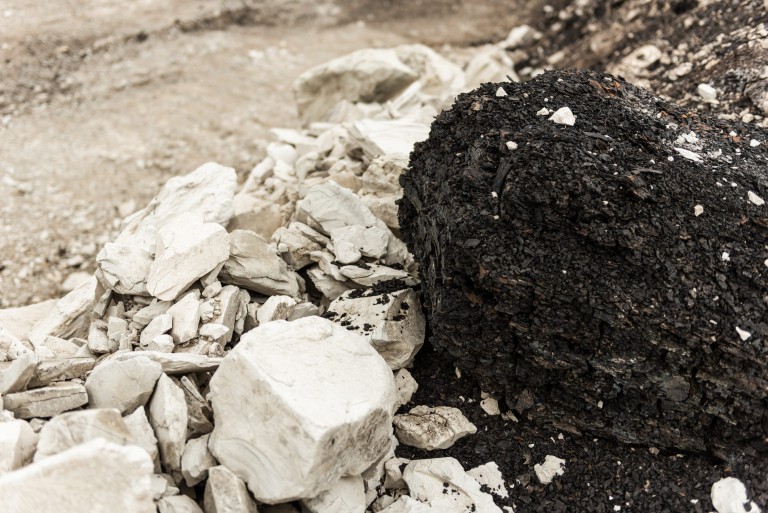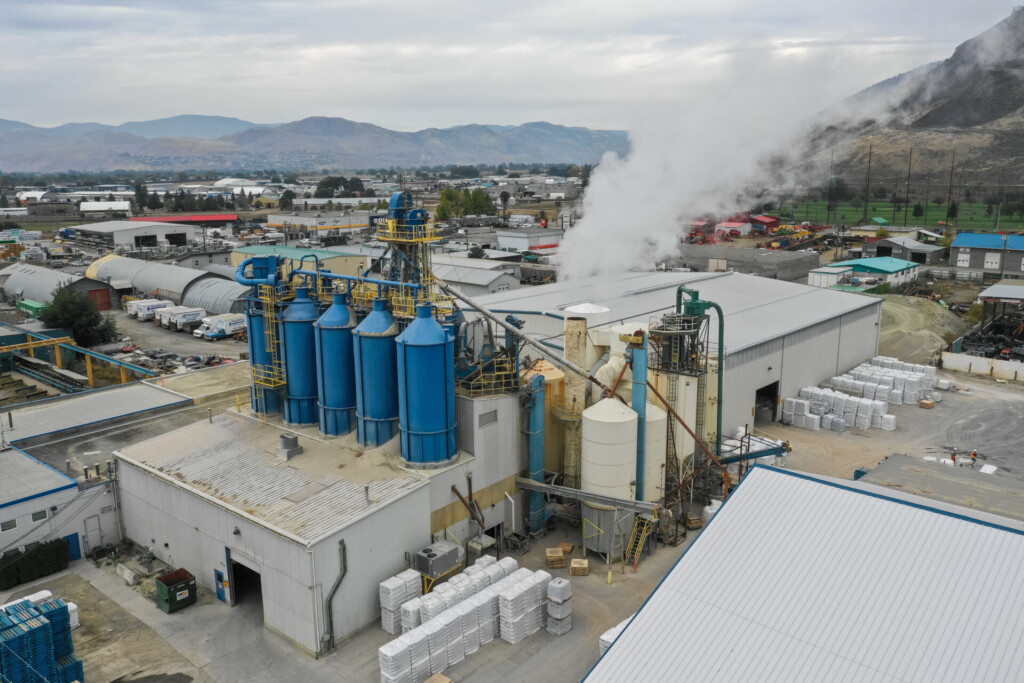July 5th, 2017, VANCOUVER, B.C. – ASHBURTON VENTURES INC. (ABR-TSX:V) (ARB-FRANKFURT) (“Ashburton” or the "Company”) is pleased to announce the release of a second set of laboratory data from MB Labs in Sidney, BC. The chemical analysis lists levels of sixteen major and minor plant nutrients detected in liquid runoff captured from cannabis plants involved in a study of zeolite and carbon in marijuana cultivation.
Clinoptilolite zeolite used in the study is from the Z-1 Mine near Cache Creek, BC, jointly operated by Ashburton Ventures and ZMM Canada Minerals Corp.
Sample data indicates a high retention of key macronutrients in the root zone of cannabis plants potted with zeolite and zeolite-carbon blends. Control group samples revealed higher nutrient leaching from plants potted in straight coconut fibre. Leached nutrients are drawn out of the root zone with liquid runoff when the potting medium is fully saturated during plant irrigation. Zeolite’s capacity to combat leaching allows plants greater access to nutrients and prevents waste.
“It appears that zeolite keeps important nutrients where they’re needed – available to the roots,” said biologist and project manager Albert Kasprowicz. “Consider nitrogen. Substrates without the zeolite-carbon blend leached 300% more Ammonia and 63% more Nitrate.”
Kasprowicz also noted “Zeolite has impacted phosphorus as well. Phosphorus plays an important role in the conversion of light into chemical energy and promotes the formation of flower mass in cannabis. Organic growers invest heavily in fertilizers such as bat guano and rock phosphate. Phosphorus is a precious nutrient, so we pay special attention to leaching versus retention and uptake. In our study, control substrates leached 56% more phosphorus than zeolite-carbon substrates. Zeolite and carbon are catching significantly more phosphorus before it escapes as waste.”
The laboratory data also revealed zeolite’s high capacity to retain potassium, a third critical macronutrient known to cannabis growers as the “quality-enhancing nutrient.” Potassium supports plant respiration, activates enzymes and protein synthesis, and facilitates nutrient transport between cells.
Control samples leached 438% and 261% more potassium than straight zeolite and zeolite-carbon blends, respectively.
Ashburton COO Tim Harvey stated “Despite being lower, the 261% figure is especially interesting because that’s from plants potted with zeolite and carbon from wood ash, which is loaded with potassium. Despite the extra potassium, there was a startling capacity to hold potassium in the soil. That’s excellent news for growers because it’s hard to overdose plants on potassium, and it helps in growing strong-limbed plants to carry the heavy bud loads we’re after. Potassium also produces the textures, terpenes and cannabinoids of an elite-quality marijuana.”
“The numbers paint a compelling picture so far,” stated Kasprowicz. “They’ve exceeded my expectations of the impact of zeolite. This upcoming round of data will add weight to our initial findings, expand our understanding and set us up for the next phase of our study.”
Ashburton Ventures Inc. is a Canadian-based junior exploration company focused on Canadian mineral projects in Quebec and British Columbia, Canada. If you would like to be added to the news release distribution please get in touch with us at [email protected].
ON BEHALF OF THE BOARD
Signed “Michael England”
Michael England, CEO
FOR FURTHER INFORMATION PLEASE CONTACT:
Telephone: 1-604-683-3995; Toll Free: 1-888-945-4770; www.ashburtonventures.com
Forward-Looking Statements:
Some of the statements in this news release contain forward-looking information that involves inherent risk and uncertainty affecting the business of Ashburton Ventures Inc. Actual results may differ materially from those currently anticipated in such statements. Neither the TSX Venture Exchange nor its Regulation Services Provider (as that term is defined in the policies of the TSX Venture Exchange) accepts responsibility for the adequacy or accuracy of this release.



